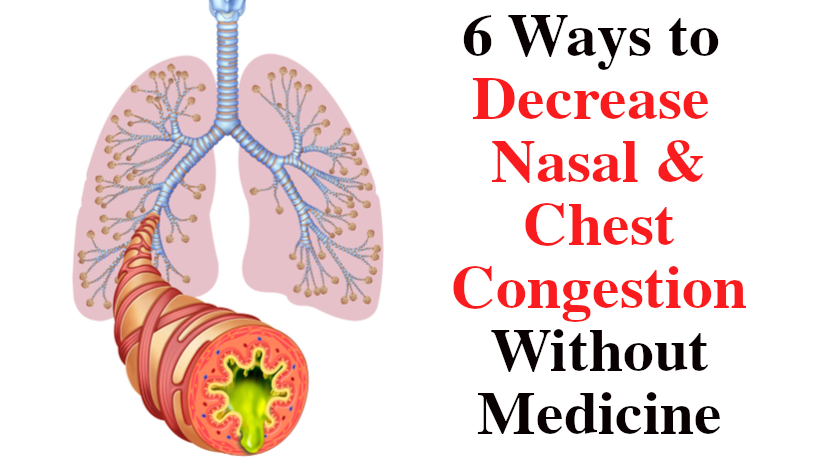Nasal and/or chest congestion can be the worst part of getting a cold. It makes you feel stuffy like there’s a rock blocking your breathing path. Allergies may also be the cause of the congestion you’re feeling. Medicine isn’t always the only option. Here are five ways to get some type of relief from congestion at home.
Humidifier
Breathing can become a little bit easier when you have a humidifier around. Because cold, dry air can interfere with sinus and congestion levels, Nutritionist Eleesha Lockett says you should use a humidifier to add moisture to the air. For a little extra boost in air quality, Health Reporter Amanda Gardner and Nutritional Therapist Jayne Leonard say inhaling steam and staying hydrated can loosen up those passageways and get mucus out.
Essential Oils
Many people use essential oils for their own guilty pleasures, but plant-based ones do actually help with congestion. “Some essential oils can ease breathing and loosen mucus in the chest. Some may even stop the growth of bacteria infecting the respiratory tract,” Leonard says. They can be inhaled directly from the body, used in a diffuser, or applied on the skin in a homemade vapor rub. However, they should be tested on a small patch of skin first to avoid irritation or inflammation of the skin.
Herbs & Spices
This may not be surprising for some people, but different herbs and spices can have healing effects. According to Lockett and Leonard, spicy foods can open up nasal passageways and free some of the mucus from the area. Leonard also says that honey is known to have antiviral and antibacterial properties. So, honey mixed with different herbs and teas is a match made in heaven.
Warm Compress
“A warm compress may help unclog a stuffy nose by reducing inflammation and opening up the nasal passages from the outside,” Lockett says. Just like the humidifier/steam method, the warmth will ease internal inflammation, making it easier to breathe. To create a warm compress, Lockett says you can soak a cloth in warm water, squeeze out the excess water, and then place the cloth over your lower forehead and upper nose.
Elevated Head
It may seem like such a small difference, but elevating the head can improve airflow a little and slightly improve sinus pressure. Elevating the head also keeps mucus from pooling and disrupting sleep according to Leonard. “Lie on your back and use an extra pillow to ensure that your head is at a slightly higher angle than the rest of your body,” says Lockett. That way you can at least get a little bit of rest without sinus issues keeping you up.
Deep or Huff Cough
A deep cough may be able to help clear the airway and break up phlegm in your chest. To do this, take a deep breath and hold it for a few seconds. Use our stomach muscles to push the air out, trying not to cough during the process. A huff cough is when you take a deep breath in through your nose and use your stomach muscles for breathing out in three short “huffs”. This may make it easier for the phlegm to come away from the walls of your lungs.
Sources:



